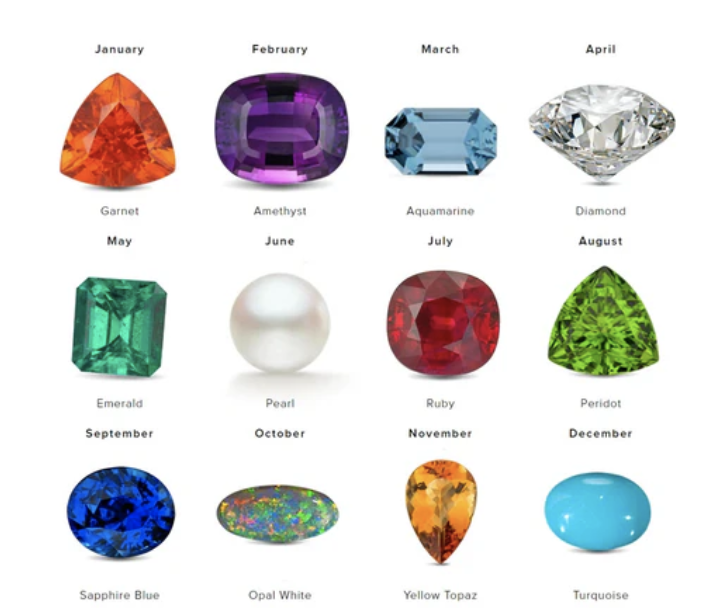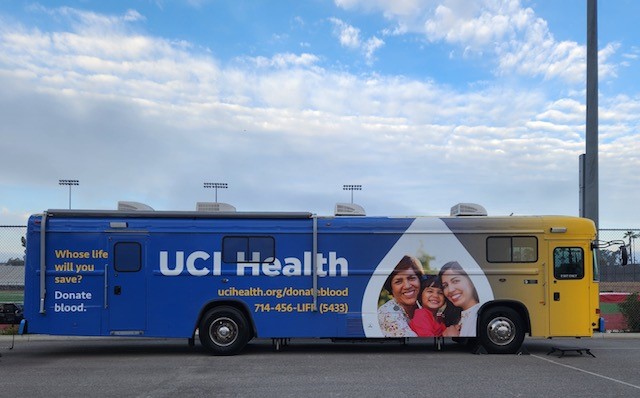The Future of Cars
October 4, 2016
Self-driving cars are starting to become a reality. For some, this is an exciting innovation; for others, this is a very wary matter. From companies like the large corporation Google to the thriving car company Uber, smart cars are developing and strengthening its mechanics to be released in the upcoming future.
The main goal of smart cars is to decrease the number of car-related accidents occurring in the world. According to the Association for Safe International Road Travel (ASIRT), approximately 1.3 million people die from car accidents, equaling to nearly 3,287 deaths every day. Smart cars hope to end these startling odds and create a safer environment for people on the roads. In addition to reducing the amount of car accidents, Uber hopes to create a more accessible transportation and a less congested street through smart cars.
For the past seven years, Google has already been utilizing smart cars in cities like Mountain View, Phoenix, and Austin to increase knowledge of self-driving vehicles. Google’s Self Driving Car Project has been working on the building of self-driving cars that have been designed to detect incoming and nearby objects. Beginning in 2007, Google has been sending out prototype vehicles to test the chaotic city streets and the speedy freeways.
Just recently Uber’s Advanced Technology Center, located in Pittsburgh, announced that they will be testing out self-driving cars. Uber is a widely known car company that acts as a safe and easily accessible form of transportation. By simply requesting a ride through the Uber app, people are able to get fast access to a ride, as well as track their whereabouts to ensure their security. For this creation, Uber will be using a hybrid Ford Fusion vehicle to test their trials. Along with the self-driving aspect, the Uber smart car will be mapping data through state-of-the-art equipment installed in the car, such as radars, laser scanners, and high resolution cameras. At the moment, Uber is focusing its attention to ensuring the reliability and safety of smart cars for the certain protection of the public including pedestrians, bikers, and other automobiles.
LeeAnn Burrows (10) states, “I don’t approve of smart cars because the liability of accidents would fall onto me, even though I’m not the one driving.” To answer the ongoing debate about the usage of smart cars, companies are still diligently working and testing automobiles to constantly improve prototypes and finalize the creation of the smart car.







































